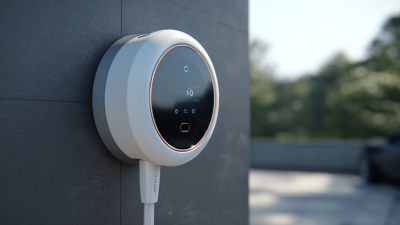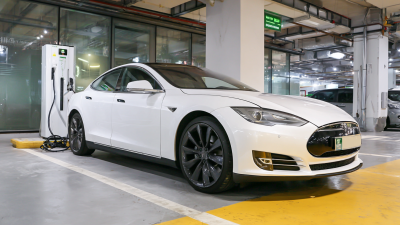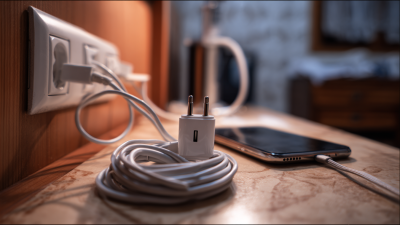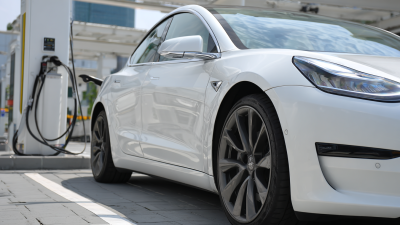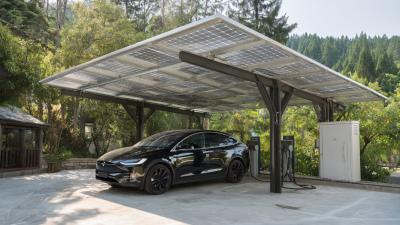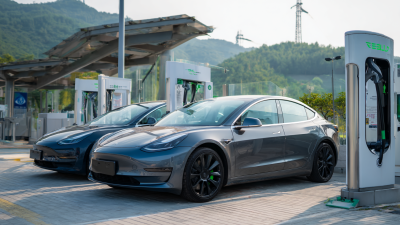As the electric vehicle (EV) market continues to expand, with projections estimating that there will be around 26 million EVs on the road in the U.S. by 2030, the need for efficient installation and management of Home Car Charging Stations becomes increasingly critical. According to a report by the International Energy Agency, global sales of electric cars surpassed 6.6 million units in 2021 alone, highlighting an urgent demand for accessible charging infrastructure.
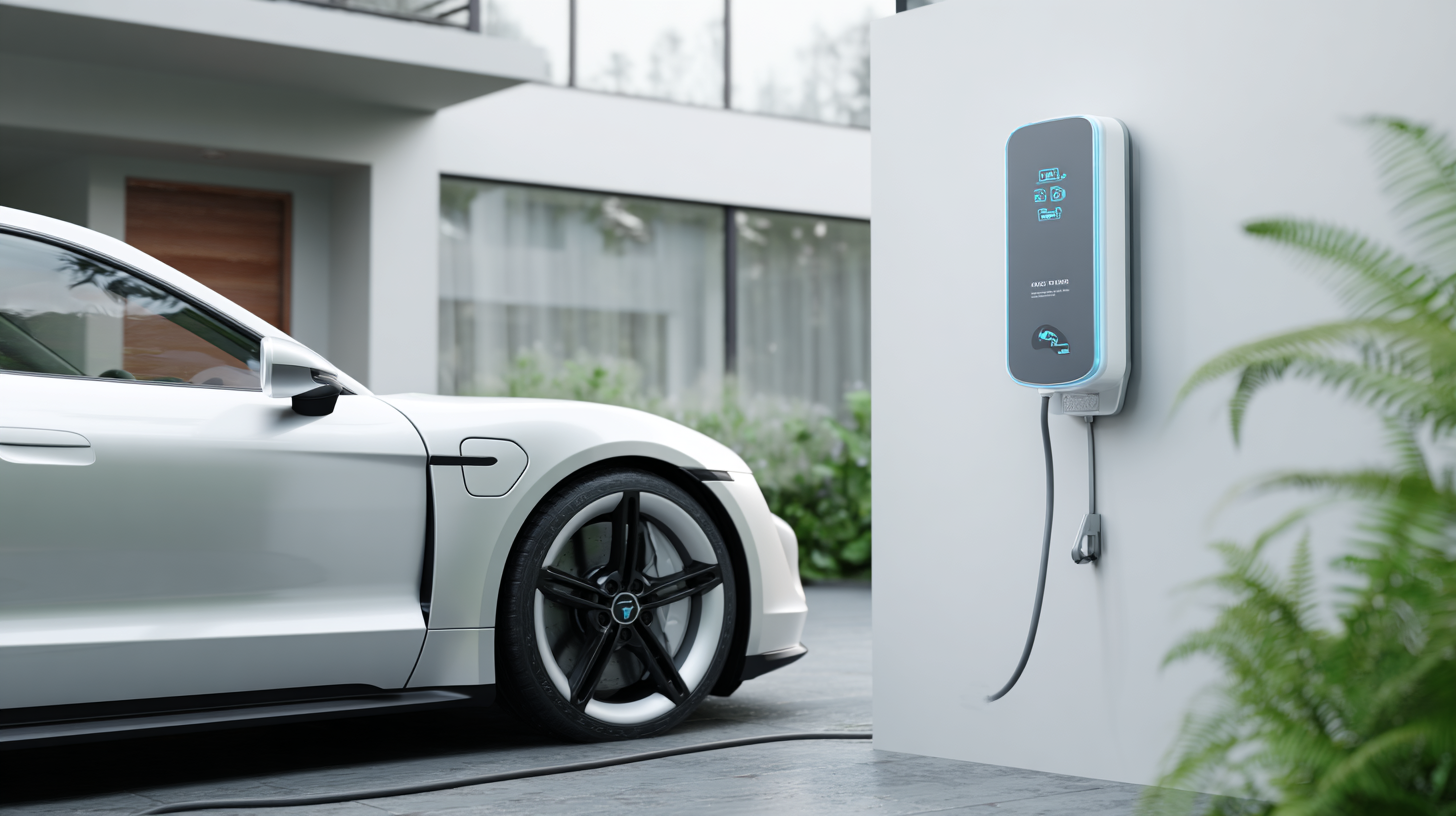
Efficient Home Car Charging Station installation not only enhances the convenience of EV ownership but also supports sustainability goals by promoting renewable energy use. This blog aims to explore the top strategies that homeowners can implement to optimize their charging station setup, ensuring both efficiency and ease of management while adapting to the growing electric vehicle landscape.
Installing a home car charging station offers numerous benefits that can significantly enhance the ownership experience of electric vehicles (EVs). Firstly, it provides unparalleled convenience, allowing you to charge your EV overnight or during off-peak hours. This means you can start each day with a fully charged vehicle without having to make special trips to a public charging station. The process is seamless, saving you time and mitigating range anxiety, which is often a concern for new EV owners.
Additionally, having a personal charging station can lead to cost savings over time. Many utility companies offer reduced rates for nighttime charging, enabling you to take advantage of lower electricity prices. Moreover, as the demand for EVs continues to rise, installing a home charging station can also enhance your property’s value. Potential buyers increasingly view the availability of a dedicated charging solution as a desirable feature, making your home more appealing in a competitive real estate market. Embracing a home car charging station not only supports a sustainable lifestyle but also adds convenience and financial advantages.
| Feature | Benefit | Estimated Installation Cost | Average Charging Time from Home | Long-term Savings |
|---|---|---|---|---|
| Level 2 Charging Stations | Faster charging times compared to standard outlets | $500 - $1,500 | 4-8 hours for a full charge | Up to $800 annually on fuel costs |
| Smart Charging Stations | Remote monitoring and scheduling via apps | $600 - $1,800 | 3-5 hours for a full charge | Additional savings with off-peak charging |
| Solar-Powered Charging Stations | Environmentally friendly and energy-independent | $2,000 - $5,000 | Varies based on solar capacity | Potential zero energy cost |
When considering the installation of a home car charging station, several key features are crucial for ensuring an efficient and seamless experience. Firstly, the charging speed is paramount; selecting a Level 2 charger can significantly reduce the time required to fully charge an electric vehicle compared to a standard Level 1 charger. This is especially beneficial for families or individuals with busy schedules, allowing them to maximize their time and convenience.
Another vital aspect to consider is the compatibility with various electric vehicle models. Choosing a charging station that is universally compatible with most EVs will not only enhance its usability but also ensure that it can accommodate any future vehicle purchases. Additionally, smart charging capabilities are becoming increasingly popular, enabling homeowners to schedule charging times during off-peak hours to minimize electricity costs. Features such as mobile app integration and real-time monitoring can further enhance the user experience, providing insights into energy consumption and charging status.
Lastly, safety should never be overlooked. Investing in a charging station that comes equipped with safety features such as overcurrent protection, surge protection, and proper weatherproofing can ensure both the longevity of the device and the safety of your home. With these considerations in mind, homeowners can not only install a charging station that meets their needs but also contributes to a more efficient energy ecosystem.
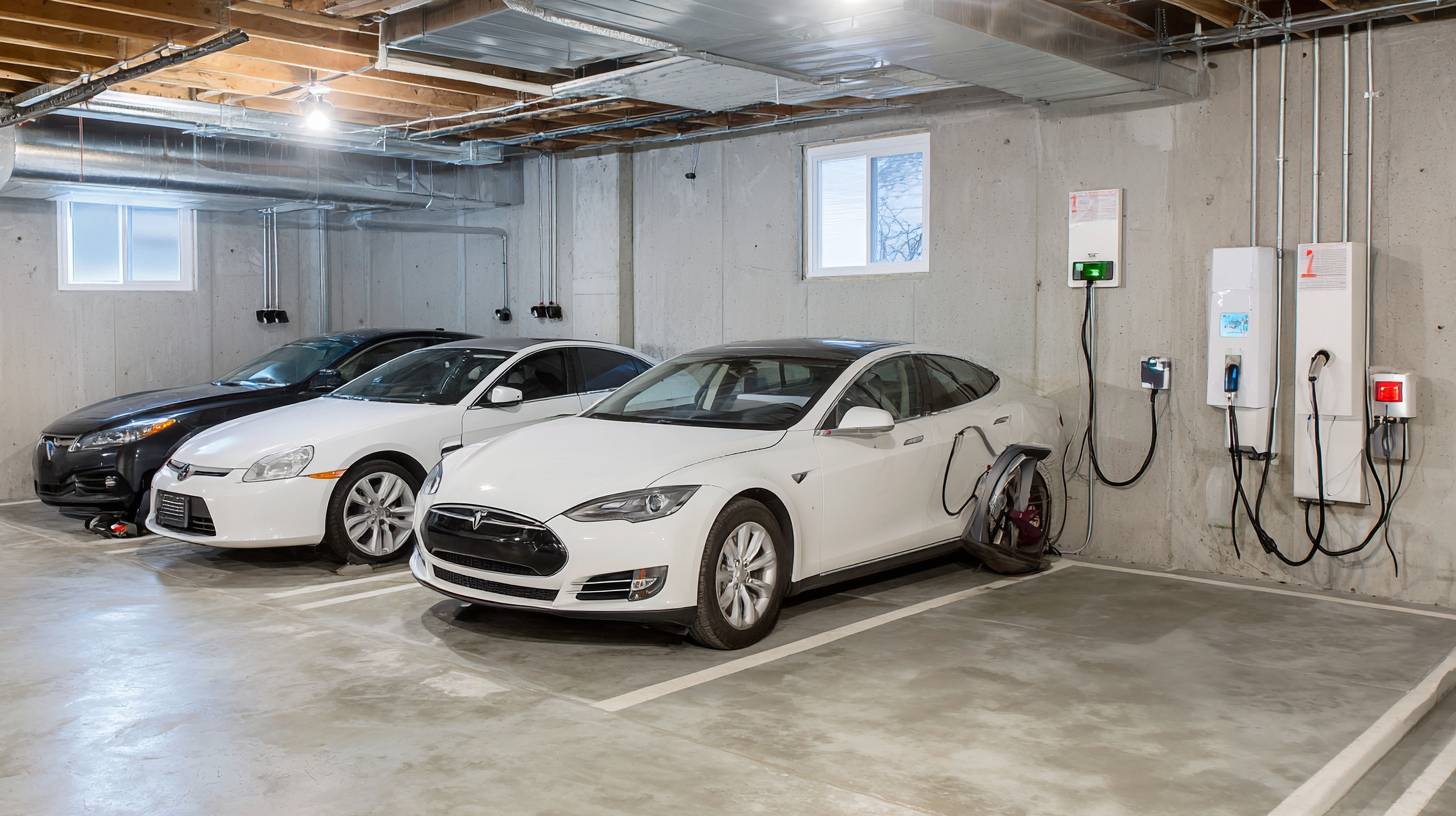
As electric vehicles (EVs) gain popularity, managing home charging effectively becomes crucial. With industry reports indicating that over 80% of EV charging occurs at home, the need for efficient management tools and apps is more pressing than ever. Smart charging solutions allow homeowners to monitor energy consumption, manage charging times, and even save on costs by utilizing off-peak electricity rates. According to a study by the International Energy Agency, optimizing home charging schedules can reduce electricity bills by up to 30%.
To streamline the charging process, consider integrating a mobile app that connects to your home charging station. These apps offer real-time data on charging status, energy usage, and even reminders for when to unplug. Additionally, some provide insights into local charging station availability and can help track battery health. A study from McKinsey suggests that utilizing these technologies can enhance user experience and improve overall EV ownership satisfaction.
Tips: Invest in a smart charger that offers Wi-Fi connectivity and supports app integration. This will enable you to schedule charging sessions more effectively. Also, regularly check your app for updates and features that can enhance charging efficiency or savings, ensuring you get the most out of your home charging station.
Installing a home car charging station not only enhances convenience but also delivers substantial cost savings over time. According to a report by the U.S. Department of Energy, homeowners with electric vehicles (EVs) can save over $1,000 annually in fuel costs compared to gasoline vehicles. By charging at home, especially during off-peak hours, users take advantage of lower electricity rates, further reducing operational costs. This efficient charging solution pays off significantly, as the average EV owner drives 13,500 miles a year, highlighting the value of at-home charging infrastructure.
Moreover, the long-term value of installing a home charging station extends beyond immediate savings. A study by the International Council on Clean Transportation found that home charging can increase property value by up to 4%, making it an attractive investment for homeowners. As electric vehicle adoption continues to rise, the demand for home charging infrastructure will inevitably grow. This trend positions home charging stations as a future-proof asset, ensuring that homeowners not only enjoy convenience now but also enhance their property's marketability in an evolving automotive landscape.
As the demand for electric vehicles (EVs) continues to surge, the environmental impact and sustainability of home charging solutions have become increasingly relevant topics. According to the International Energy Agency (IEA), the number of electric cars on the road is expected to reach 145 million by 2030, necessitating efficient infrastructure to support them. Home charging stations not only provide convenience but also contribute to the overall reduction of greenhouse gas emissions. Studies show that charging EVs at home can reduce carbon emissions by up to 50% compared to conventional gasoline vehicles, especially when paired with renewable energy sources like solar panels.
Moreover, the sustainability of home charging solutions is enhanced through smart technology. A report by McKinsey highlights that integrating smart charging systems with home solar installations can optimize energy use, enabling homeowners to charge their vehicles during off-peak hours or when excess solar energy is available. This synergy not only maximizes energy efficiency but also reduces strain on the grid, thereby promoting a more sustainable energy ecosystem. As more homeowners adopt these technologies, the potential for significant environmental benefits grows, aligning with global initiatives to combat climate change and transition towards a more sustainable future.

